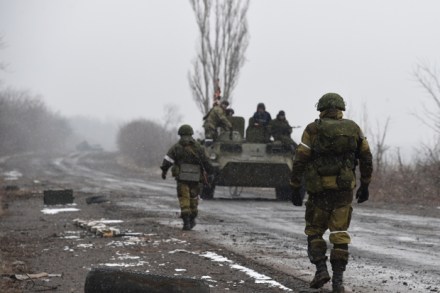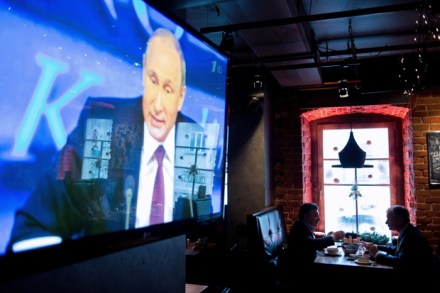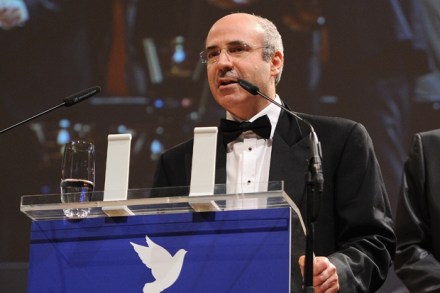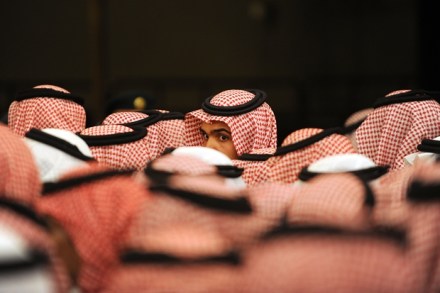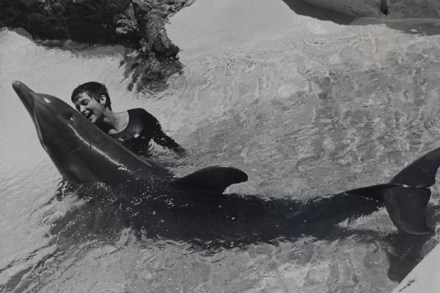The henchmen who prop up Putin need to be hit where it hurts
If anyone thought Russian President, Vladimir Putin, was a strongman the West could do business with, that delusion has been punctured. Last week, Russian Bear bombers skirted by British airspace. In January, a UK public inquiry into the murder of Alexander Litvinenko, KGB agent turned UK-based dissident, heard he was murdered at Putin’s behest in an ‘act of nuclear terrorism’ on British soil. And Kremlin-backed rebels are ensuring a cease-fire with Ukraine crumbles, leaving the West looking impotent as Putin’s stare shifts menacingly to the Baltic countries of the European Union. But, are we in Britain doing everything we realistically can to curb Putin’s bullying? Putin’s kleptocracy blurs lines between


